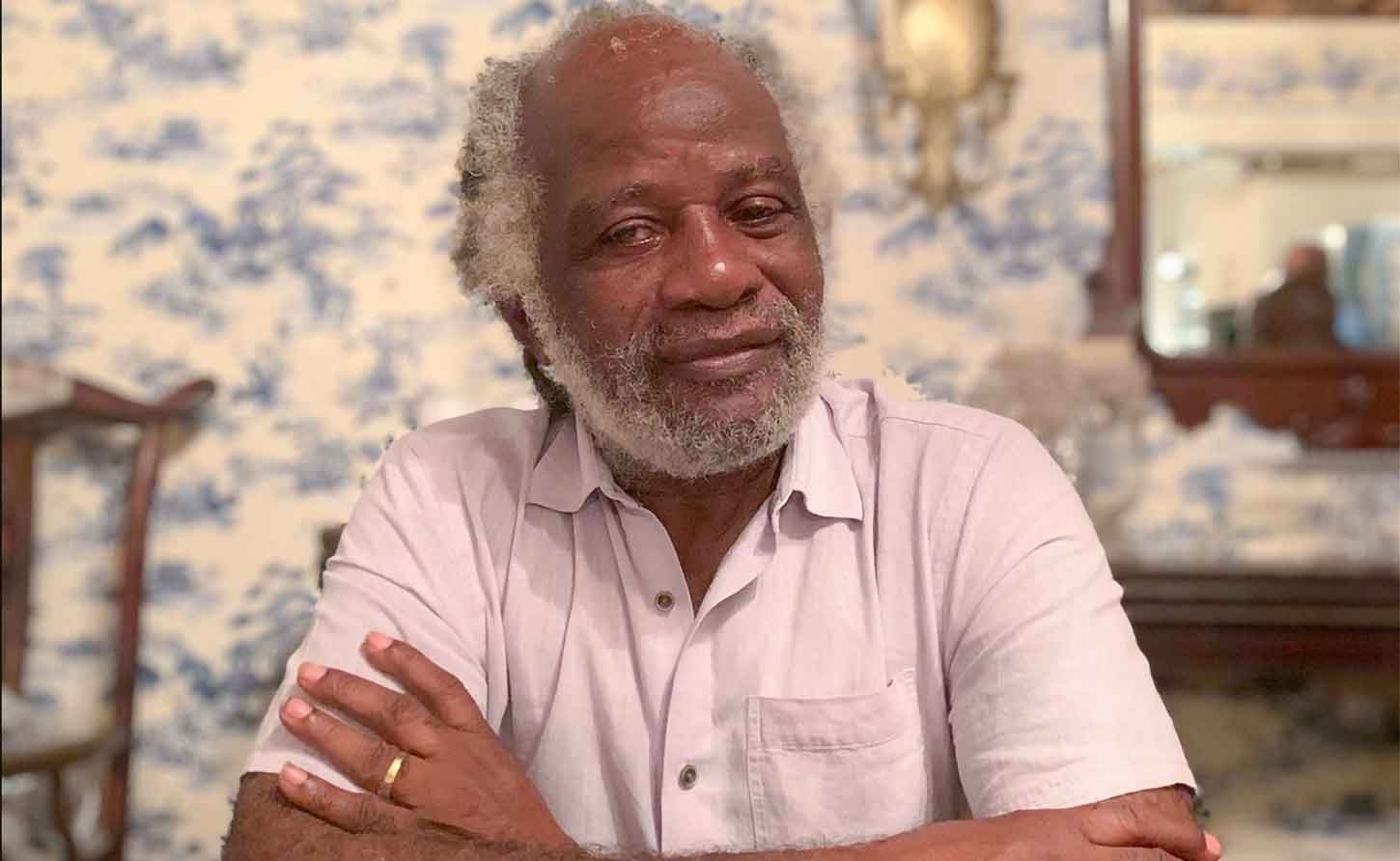JAMAICA | Strangers in Paradise: The Urgent Need to Safeguard Jamaican Land for Jamaicans

MONTEGO BAY, Jamaica, May 26, 2025 - By O Dave Allen - Someone once described Hanalei Bay in Hawaii as heaven on Earth — but today, the descendants of Native Hawaiians can barely afford to live there. Their ancestral lands have been sold off, piece by piece, to wealthy outsiders. Now, the same script is playing out in Jamaica.
In Montego Bay, the very people who built the city, who carry its history in their blood, are being priced out of owning even a modest home. If this continues, the children of St. James will not inherit Montego Bay. They will be strangers in paradise.
Foreign land acquisition in Jamaica — particularly by Chinese interests — is no longer accidental or sporadic. It has evolved into a strategic, sustained campaign, backed by deep pockets and an artificial inflation of land prices that leaves local buyers gasping for air. The tentacles of speculative land grabbing have now reached deep into urban centers and rural communities alike.
In places like Hanover, aggressive cash offers are being made, often well above market value, forcing sales and displacing Jamaicans with little recourse. This transcends individual property rights. This is about national sovereignty and economic survival.
“ Montego Bay needs a champion to defend the rightful claims of our budding entrepreneurs. This class of emerging business people must step out of the shadows and face the harsh light of day to claim their patrimony boldly and unapologetically, with the strength and determination of those who refuse to surrender their birthright. ”
The narrative that blames "our own black people" for selling land is not only simplistic but dangerously disingenuous. It ignores the structural and historical inequalities that make these sales feel like the only lifeline available.
This single-story explanation distracts from the larger machinery of foreign influence and unchecked capitalism that threatens our collective future. When families face financial desperation, can we truly fault them for accepting offers that seem too good to refuse?
The collateral damage extends far beyond individual landowners. Local entrepreneurs and small business owners find themselves outgunned by foreign investors wielding what insiders describe as "duffel bags of cash" — money whose origins often remain suspiciously opaque.
How can Jamaica's emerging class of innovators and business leaders compete in such a distorted marketplace where the rules seem written in a foreign language?
Montego Bay needs a champion to defend the rightful claims of our budding entrepreneurs. This class of emerging business people must step out of the shadows and face the harsh light of day to claim their patrimony boldly and unapologetically, like the proverbial "Men of Might," with the strength and determination of those who refuse to surrender their birthright.
Even the United States — the self-proclaimed temple of free-market capitalism — has awakened to this threat and is moving decisively to protect its soil. The numbers tell a sobering story: as of March 2025, twenty-seven states are considering legislation to restrict or ban foreign ownership of land, while twenty-two states have already passed thirty-eight such laws since 2021.
The U.S. Congress is simultaneously reviewing seven bills targeting foreign control of critical property, with particular focus on countries like China, Russia, Iran, and Venezuela.
These legislative efforts aim to protect national security, critical infrastructure, and agricultural sovereignty. If America — with all its economic might and global influence — recognizes the existential nature of this threat, what does that say about Jamaica's vulnerability?
The solution requires immediate and decisive action. The Government of Jamaica must enact comprehensive legislation that restricts foreign ownership of land, particularly in sensitive and strategic areas.
Such laws should protect agricultural land, water rights, and mineral resources while preventing foreign entities from acquiring property near critical infrastructure, ports, or military installations.
Equally important is the need to support local businesses and entrepreneurs through targeted incentives, grants, and protected zones designated exclusively for Jamaican ownership. The government must also establish robust monitoring and regulation of foreign investment, complete with strict penalties for violations and mandatory transparency in all transactions.
This is not about xenophobia or isolationism. This is about economic justice, cultural preservation, and the fundamental right of Jamaicans to own the land of Jamaica. The choice before us is stark: act now with courage and conviction, or risk becoming permanent tenants in a country we once called home. The clock is ticking, and paradise — once lost — may never be reclaimed.
-30-
